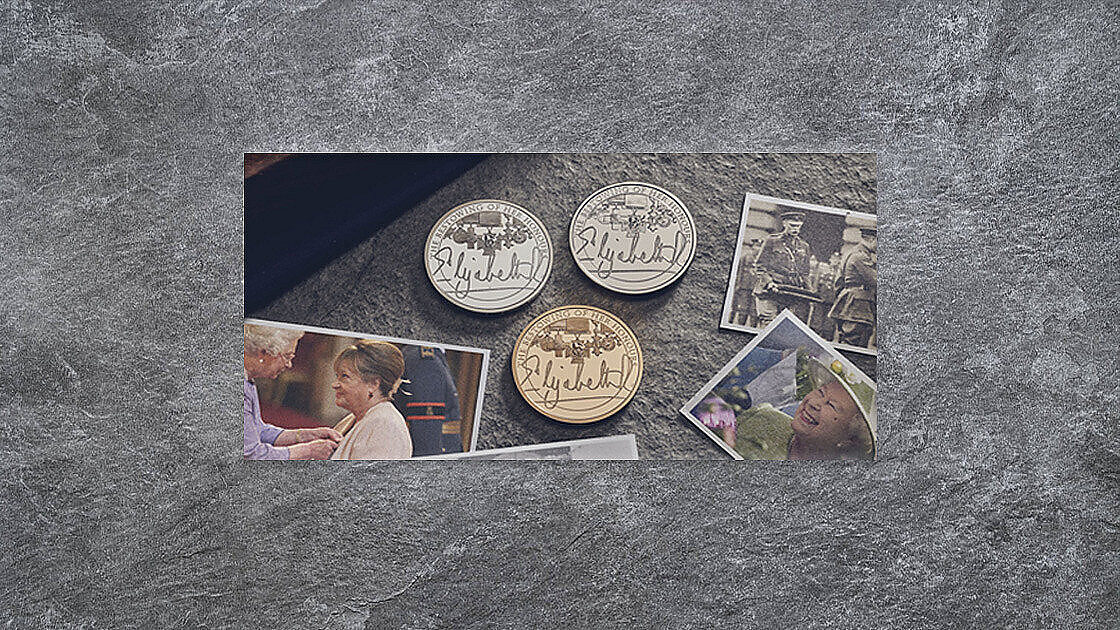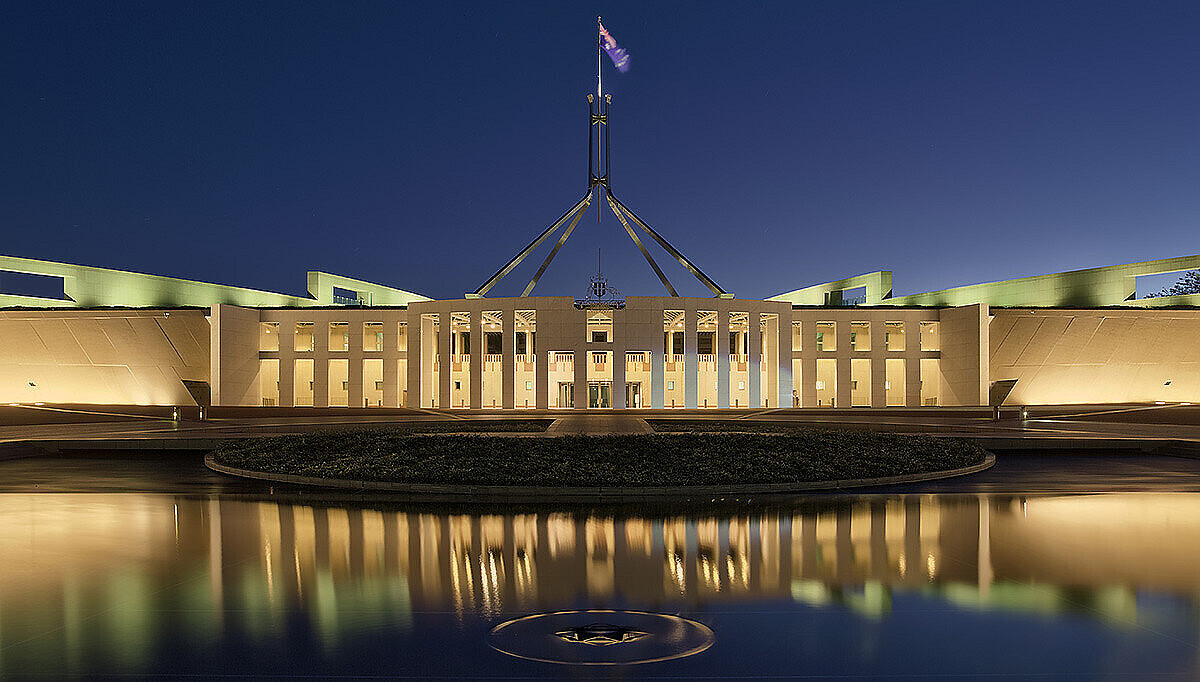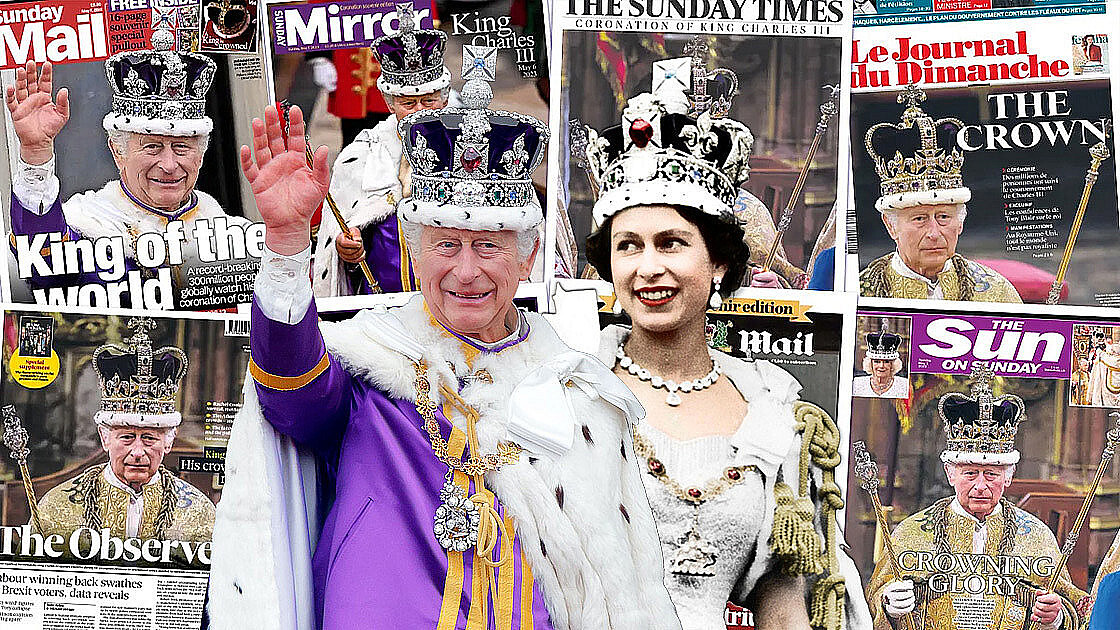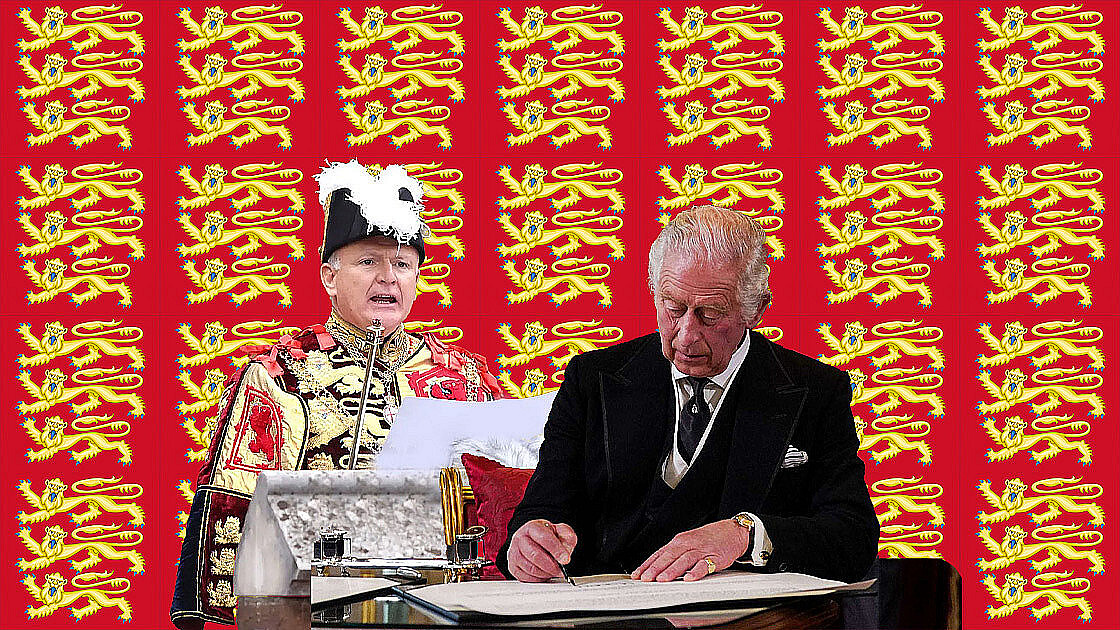The Sovereign is ‘the fountain of all honour and dignity’ and enjoys the sole right of conferring all titles of honour, dignity and precedence. Formerly, most honours were awarded on the advice of the prime minister and the premiers. The Order of Australia was instituted not by statute but by Letters Patent under the royal prerogative and has since replaced most imperial honours except those in the personal gift of the Sovereign.
From this concept comes the ceremonial role of the Crown, which is an important part of the life of the community. This extends to the recognition of achievement, service and of, bravery and the lending of the dignity of the Crown to important events in the life of the nation and its many communities. The important feature is that this comes from the institution which is above politics and that the involvement of the Crown is in no way partisan or subject to a perception that this is for some party’s political advantage. There is a grey area between those ceremonial functions best left to the Crown and those which the politicians may undertake. But given the respect Australians notoriously decline to accord to their elected representatives, there is an advantage both for the people and the nation that the great national occasions be presided over by the Crown. This institution so clearly provides leadership above politics.
Those who have attended an investiture at one of the Government Houses or have been present at an event of considerable importance to Australians, whether in the great seaboard cities or in some distant community, will be well aware not only of the respect but of the warm welcome Australians will normally accord to a viceroy who is seen as above the political fray, and who is perceived as seeking no personal or political advantage by his or her participation. On these occasions, Australians are united and not divided by party politics, which is surely a desirable result. This is the Australian Crown at its most visible, which clearly enjoys the widest approbation.
It was surprising then that in 1996, the then Premier of New South Wales, the Hon Bob Carr, proposing that a new governor be brought closer to the people, evicted him and his successors from Government House and curiously announced a significant reduction in his ceremonial role. In addition, the governor was to continue as the head of a statutory authority charged with giving the government advice on law reform, surely a constitutional heresy. This, and any reduction in the ceremonial role, was abandoned when the opposition threatened a reference to the Independent Commission against Corruption. Mr Carr has since revealed that he evicted the governors to demonstrate that they should see the position as only ceremonial and to ensure that they would never use the reserve powers, which he claimed no longer existed.
The role of the Crown as the fountain of honour and in its ceremonial function emphasises and gives visual form to the allegiance that all owe to the Crown and the reciprocal relationship which the Crown has with the people as the trustee of its powers and influence. In offering leadership beyond politics, the Crown is seen as intimately connected with those values and standards which are the essential context of a civilised society. One of our pillars is in our Judeo-Christian values, which from the settlement in 1788 have set the context in which the nation has developed both internally and in its many involvements beyond the seas. As Edmund Burke declared: “We know, and what is better, we feel inwardly, that religion is the basis of civil society and the source of all good and of all comfort.”
In the United Kingdom, The Monarch is the Defender of the Faith, and the Supreme Governor of the Church of England, which is established in England and Wales. In Australia, there is no established church. Still, it is worth recalling that the preamble to the Constitution Act, 1900 ( Imp) recites that the people of the several colonies “humbly relying on the blessings of Almighty God” had “ agreed to unite in one indissoluble Federal Commonwealth under the Crown.” When that was submitted to a wide consultation process before the referenda to approve the Constitution, this provision attracted very strong public and political support.
This link in no way suggests the exclusion in any way of those who are of other religions or, indeed, of no religion; it is that the settlement was under the Crown, which was and remains intimately linked not only with the rule of law and in particular the common law, and with the English language, but also with our Judeo- Christian values, and that together these have formed the Australian nation.




